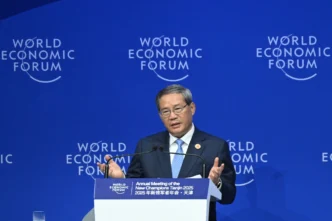In a world shaped by interconnected markets, digital transformation, and shifting geopolitical dynamics, so-called “Third World” countries — more accurately referred to today as developing nations — are emerging as increasingly powerful economic players. Far from being passive participants, these countries now hold unique tools and opportunities to shape the global economy in meaningful ways.
1. Resource Control and Strategic Commodities
Many developing nations are rich in natural resources — including critical minerals, oil, gas, and agricultural exports. As demand for renewable energy and high-tech production grows, countries in Africa, Latin America, and Southeast Asia are gaining leverage over global supply chains. For example:
- Congo holds over 60% of the world’s cobalt reserves, key for EV batteries.
- Brazil and Argentina are major food suppliers.
- African nations dominate rare earth and lithium supply routes.
2. Demographic Advantage
Developing countries boast the world’s youngest and fastest-growing populations. This creates:
- Massive emerging consumer markets (especially in India, Nigeria, and Indonesia).
- Workforce potential to fuel manufacturing and services.
- Increased foreign investment, as companies shift operations to lower-cost regions.
3. Digital Leapfrogging
With fewer legacy systems, many developing nations are leapfrogging directly into modern technologies like:
- Mobile banking (e.g., M-Pesa in Kenya)
- Crypto and blockchain adoption in Nigeria and El Salvador
- AI and drone applications in agriculture and healthcare
This positions them not just as users of global tech but as innovators in their own right.
4. Geopolitical Neutrality and Alliance Flexibility
Amid rising tensions between major powers (like the U.S. and China), developing countries are increasingly playing power-broker roles. By maintaining neutrality or building multi-aligned partnerships, they:
- Gain leverage in trade negotiations
- Access diversified foreign investments
- Play key roles in global institutions like BRICS and the G77
5. Climate and Carbon Markets
Third world countries often manage vast forests, oceans, and ecosystems. In today’s carbon-conscious world, that gives them:
- Influence over carbon credit markets
- Access to climate finance and sustainability investments
- Leadership roles in climate negotiations
Final Thought
No longer sidelined, today’s developing nations are rising economic influencers with access to vital resources, scalable markets, and innovative capabilities. As global systems evolve, these countries have not only the opportunity but the power to reshape the future of global economics — on their own terms.















